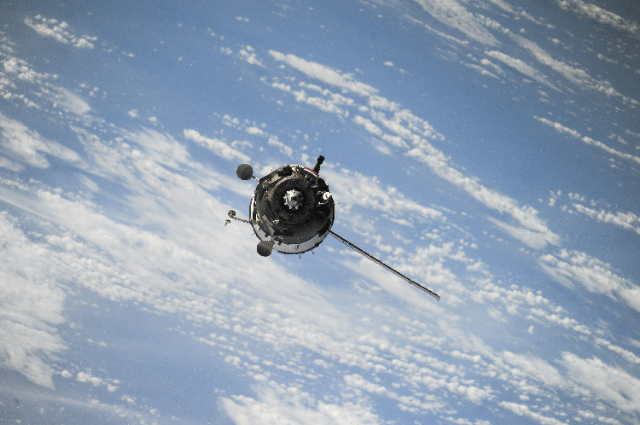
Photo by NASA on Unsplash
Introduction
Humanity has always been fascinated by the stars. From ancient civilizations tracking the movement of celestial bodies to modern-day space missions exploring the farthest reaches of our solar system, space has remained a final frontier. Today, with the advent of advanced technologies, international collaborations, and the growing involvement of private companies, space exploration is entering an exciting new era. But what does this mean for our future, and how far can we go?
The Current Landscape of Space Exploration
Since the launch of the first artificial satellite, *Sputnik 1*, in 1957, space exploration has evolved rapidly. The space race, which once saw the United States and the Soviet Union vying for dominance, has now shifted towards global cooperation and commercial enterprise.
In recent years, NASA’s Artemis program has aimed to return humans to the Moon, not just for exploration but to establish a sustainable human presence. The ultimate goal is to use the Moon as a stepping stone to Mars. Similarly, agencies like the European Space Agency (ESA), Russia’s Roscosmos, China’s CNSA, and India’s ISRO are pushing forward with their own ambitious projects, often collaborating to share data, resources, and technology.
Private companies, particularly Elon Musk’s SpaceX and Jeff Bezos’s Blue Origin, are transforming the space industry by developing reusable rockets and reducing the cost of launching payloads into orbit. SpaceX's *Starship* promises to revolutionize interplanetary travel, and with the success of the Crew Dragon missions, the company is edging closer to sending humans to Mars.
The Next Frontier: Mars and Beyond
Mars has captivated imaginations for centuries. Once thought to be a planet teeming with life, it is now a desolate world. Yet, it holds potential as humanity’s next destination. NASA’s *Perseverance* rover is currently scouring the Martian surface for signs of ancient microbial life, while preparing for future human missions.
The challenges of sending humans to Mars are immense. The planet’s thin atmosphere and extreme temperatures make survival difficult, and the journey itself—around nine months one-way—poses risks in terms of radiation exposure and the psychological toll of long-term isolation. However, advancements in technology, such as space habitats, radiation shielding, and life-support systems, are making this dream more feasible than ever.
Further out, missions to the moons of Jupiter and Saturn, such as Europa and Titan, may provide answers to one of humanity’s biggest questions: are we alone in the universe? Europa’s icy crust covers a vast ocean that could harbor life, while Titan, with its methane lakes, presents an environment that could teach us about prebiotic chemistry.
Space Tourism and the Commercialization of Space
Space tourism, once the stuff of science fiction, is now becoming a reality. Companies like SpaceX, Blue Origin, and Virgin Galactic are working on bringing the experience of space travel to non-professional astronauts. While the costs remain prohibitive for the average person, there is no doubt that prices will decrease over time as technology improves.
The International Space Station (ISS) has been hosting private visitors for years, and now the idea of commercial space stations is gaining traction. In the next decade, we might see space hotels, research stations, and even space factories that utilize the unique environment of microgravity to produce materials or pharmaceuticals that are impossible to create on Earth.
The Ethical and Environmental Challenges of Space Exploration
As exciting as the prospect of space exploration is, it comes with its own set of challenges. One of the primary concerns is the issue of space debris. Decades of launching satellites and spacecraft have left a cloud of junk orbiting the Earth, posing risks to current and future missions. Space agencies are developing strategies to mitigate this issue, such as using technologies to deorbit defunct satellites or employing reusable rockets.
Another critical issue is the ethical implications of space colonization. If we do find life on other planets, how do we interact with it? How do we ensure that human exploration does not contaminate pristine environments, especially on Mars or Europa? Moreover, the concept of space mining—extracting resources from asteroids—raises questions about ownership and the environmental impact on celestial bodies.
Conclusion
The future of space exploration is brimming with possibilities. From establishing a human presence on Mars to unlocking the mysteries of distant moons and asteroids, humanity stands on the brink of a new age of discovery. Yet, as we push the boundaries of what is possible, we must also be mindful of the ethical, environmental, and technological challenges that lie ahead. The stars may beckon, but our journey into space will require careful planning, innovation, and, above all, a sense of responsibility for the universe we are venturing into.
